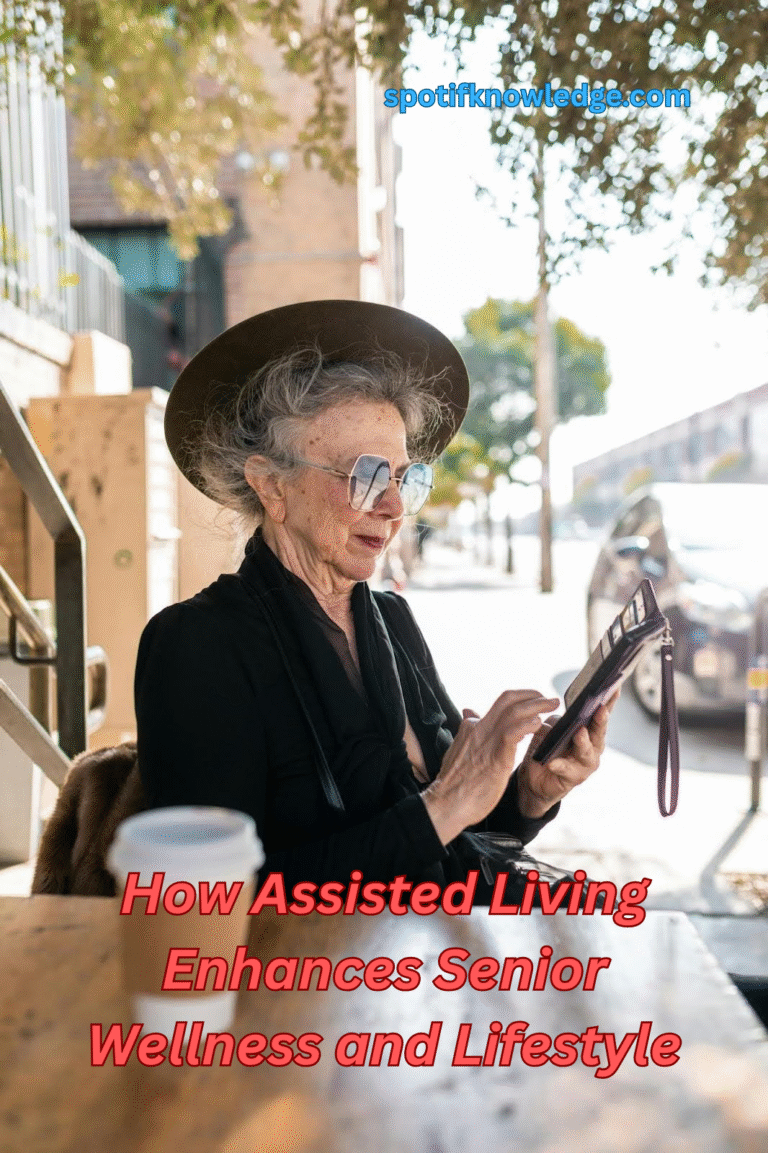Assisted living and senior wellness are connected because these communities provide the right mix of support and independence. Seniors can get help with daily needs while still making choices about their routines. They have access to healthy meals, health services, and activities that keep them active.
The setting also reduces stress because help is available at any time. Social interaction is encouraged, which supports emotional and mental health. Families feel more at ease knowing their loved ones are in a safe and caring place.
Understanding how assisted living improves wellness can help in making better care decisions.
Encouraging Daily Physical Activity
Daily movement helps maintain strength, balance, and mobility. Assisted living communities make this easier by offering safe spaces for walking, exercise classes, and indoor activity areas. These options help:
- keep muscles strong
- improve heart health
- support better circulation
Gentle but regular movement lowers the risk of falls and loss of independence. Staying active also supports better mood and energy levels. With these opportunities, seniors can keep a routine that benefits their overall health.
Supporting Mental and Emotional Health
Mental well-being is an important part of a healthy lifestyle for seniors. Assisted living communities provide activities and social settings that help reduce loneliness. Residents can take part in:
- group events
- shared meals
- games that build connection
Access to counseling or wellness programs adds extra emotional support. Being socially active helps:
- memory
- thinking skills
- mood
A friendly and supportive environment makes it easier for seniors to feel engaged and positive each day.
Promoting Healthy Eating Habits
Eating nutritious meals every day helps maintain good health. Assisted living communities prepare balanced menus that meet the needs of older adults. These meals help:
- manage health conditions
- strengthen the immune system
- provide energy
Residents can enjoy different meal options without the stress of cooking or shopping. Shared dining encourages social interaction during mealtimes. Good nutrition also supports recovery from illness and helps prevent future health problems.
Offering Personalized Care Plans
Seniors have different needs, so care plans are made to match each person. Staff work with residents and families to create a plan based on health, preferences, and daily routines. Care may include help with:
- medication
- therapy
- mobility support
Plans can be updated if a resident’s needs change over time. Personalized care supports independence while making sure help is always available. Many assisted living homes in Indiana, for example, follow this approach to ensure residents get the right level of care.
Enhancing Safety and Security
Safety is an important part of assisted living. Communities have secure entrances, emergency call systems, and well-lit areas to prevent accidents. Staff are trained to respond quickly to any health or safety concern.
Safety features like grab bars, handrails, and slip-resistant flooring lower the risk of falls. With these measures in place, residents can move around without constant worry. Families have peace of mind knowing their loved ones are protected.
Assisted Living Enhances Senior Wellness and Lifestyle
Assisted living provides seniors with a balance of care, safety, and independence that supports overall wellness. Access to healthy meals, activities, and personalized care helps residents stay active and engaged.
A safe and social environment improves both physical and mental health. Families benefit from knowing their loved ones are in a caring community. Choosing assisted living can make a lasting difference in the happiness and quality of life for older adults.
For more topics, visit our blog. We do have more!

